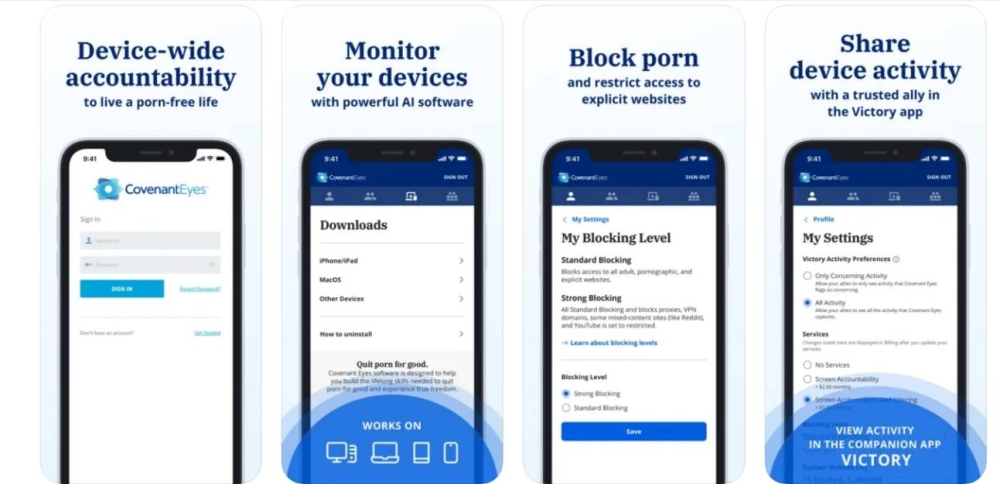PETALING JAYA, Sept 27 — Several churches in America are reportedly using surveillance apps to make sure their congregants aren’t watching porn.
Former members of Gracepoint, a Southern Baptist church, say they were coerced into installing an "anti-pornorgraphy” app called Covenant Eyes by church leaders.
According to Wired, the app spies on users’ web traffic and takes screenshots of their phones every minute, before sending these details to another designated user or “accountability partner”.
The magazine reported that the app — along with another app, Accountable2You — were abusing accessibility permissions to track users’ digital trails, including capturing screenshots of apps being used and recording every website ever visited.
Accessibility permissions are meant to help developers cater their apps for persons with disabilities.
Both apps have since been taken down from the Google Play Store for violating its policies, but still remain available on iOS.

“I wouldn’t quite call it spyware,” a Gracepoint member told Wired.
“It’s more like ‘shameware,’ and it’s just another way the church controls you.”
Another former Gracepoint member, Grant Hao-Wei Lin, said he received “accusatory emails” from his church leader within a month of installing the app — particularly over a single search he made for the hashtag "#Gay”.
Lin’s Covenant Eyes reports also reportedly showed that his online psychiatry textbook was flagged as “Highly Mature”, a category supposedly reserved for “anonymizers, nudity, erotica, and pornography.”
While Gracepoint was the central focus of its report, Wired found other churches pushing similar apps onto their members.
University of California neuroscientist and pornography researcher Nicole Praus said she had “never seen anyone who’s been on one of these apps feel better about themselves in the long term.”
“These people just end up feeling like there’s something wrong with them when the reality is that there likely isn’t.”






















